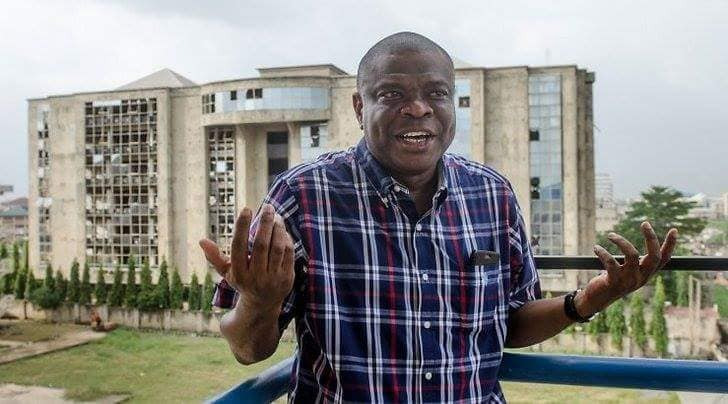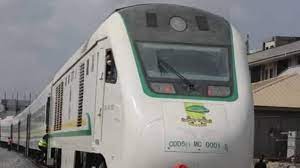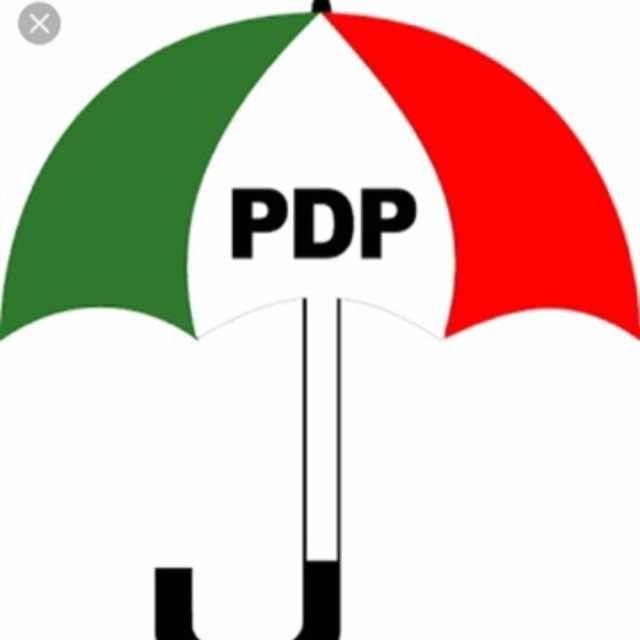Should the government have extended the lock down or not? And why and how should it be extended? The answer to this is rather very complicated. It cannot be a straightforward yes or no. And why did I say so? First let us begin with what should have been the case. Before announcing the previous lockdown, there ought to have been an epidemiological mapping of the country with respect to the COVID 19 Pandemic, so as to have a reasonable projection of what to expect with respect to spread of the pandemic, as well as to be able to develop an integrated approach to the response with responses, which are appropriate for each scenario outlined in a response plan.
On that basis, we would have reasonably selected the cities with international airports, as well as the destination cities of most of the returning travelers as potential hotspots and prioritise them for the response. These areas would then have all been locked down, with interstate travel along with international travels also banned/suspended during the period, except for essential movements – like movement of goods and supplies for maintaining basic living conditions, like groceries, foodstuffs, pharmaceutical products etc.
We would then have needed to ramp up testing again prioritising those areas. To effectively combat and contain the pandemic and remove it as a threat, testing is key. The more people you test, the more accurate your estimation of the actual scope of the pandemic in the country. The more rapidly you can test, the more rapidly you can also determine this.
The other things required is to ensure that necessary state support gets to the impacted segments of the society and economy. All sectors will be impacted, but they will be impacted differently. So the task would be to identify the nature and severity of impact to each sector, and plan and target the needed support appropriately. In doing this we must base such a response on the principles of equity and social inclusion, understanding that the poor, the homeless, those living in slums, the MSMEs (micro, small and medium scale enterprises) will require greater support, because they have limited capacity to mitigate the impact on their own.
We know for instance that majority of working people are self-employed and or earn meager daily incomes. So, support and response must be structured in such way that they are not ruined.
With what we ought to have done said, let us now move on to what should be done now in the present context. Should we have extended the lockdown or not? I had proposed that a further, but now countrywide two-week lockdown should be considered. However, this generalised lockdown should be a modified and somewhat relaxed one.
We ought to have learnt some lessons from the current one. Interstate travels should be restricted during this period. To ease the disruptions of the extended lockdown, markets, malls, stores can be open within limited and restricted hours. And while markets can be opened say three days a week, for limited periods, not all the sections of the markets should open on each of these three days. Selected sections can open on each day. This will reduce the flow of human traffic. Also, for all the grocery stores, malls, markets, pharmacies that will be open on these selected days, strict social distancing rules must be enforced.
During this extended period as well, targeted support to the different sectors of the economy and different segments of the society will need to be undertaken. Government can undertake to reimburse the electricity sector for supplying electricity to homes for one month. Registered transporters and businesses can be given tax holidays and exempted from paying certain fees and charges during this period.
One off disbursement can be made to traders, salaried workers and other groups. During this period testing should be ramped up, and treatment facilities, equipment and medicines would to be provided at all the designated centers. Nigerian businesses, small and big should be contracted and supported with resources to mass produce what is needed – test kits, ventilators, oxygen masks, face masks, gloves, hand sanitisers, handwash, multivitamins, vitamin supplements, etc.
This will go a long way in not only containing and stopping the pandemic and improving healthcare, it will also go a long way in stabilising the economy, and ensuring that the pandemic does not lead to a further widening of the gap between the rich and the poor. What is required now is the outlining and public release of a cohesive COVID 19 Pandemic response plan; along with an integrated economic stabilisation and recovery plan to deal with the wider economic dimensions and impact of the pandemic.
We have had enough time to think through our response to this pandemic and the crisis evolving in its wake. This is not the time for the leadership to be saying we are looking into this; we are looking into that; we are putting a team together to develop this or that! This is the time to take concrete and effective action. The world, humanity will overcome this challenge, but the post COVID-19 Pandemic world will be different, and the changes that the pandemic and the global response is bringing about will change the face of the world as we know it. What are we doing as a country to think strategically through this and position ourselves? The world of work, the world of production as well as of circulation and distribution is being changed.
Jaye Gaskia Is Director Praxis Center; And Convener Take Back Nigeria Movement























